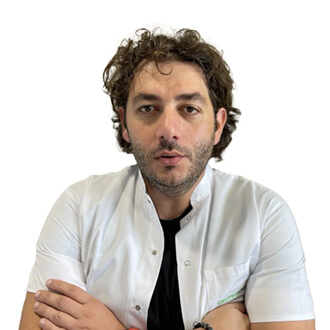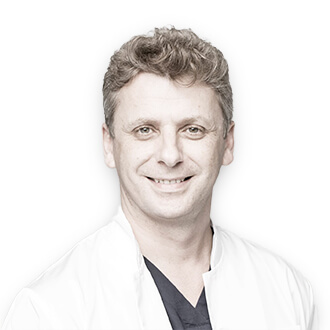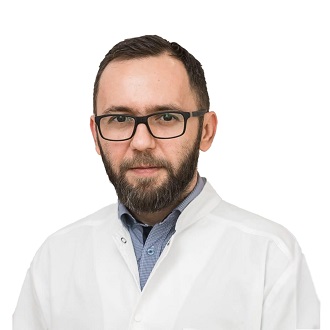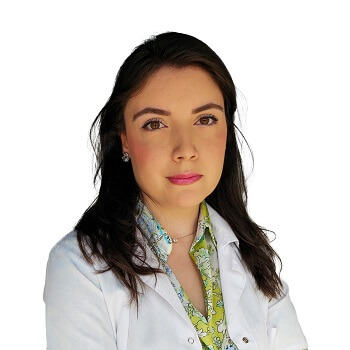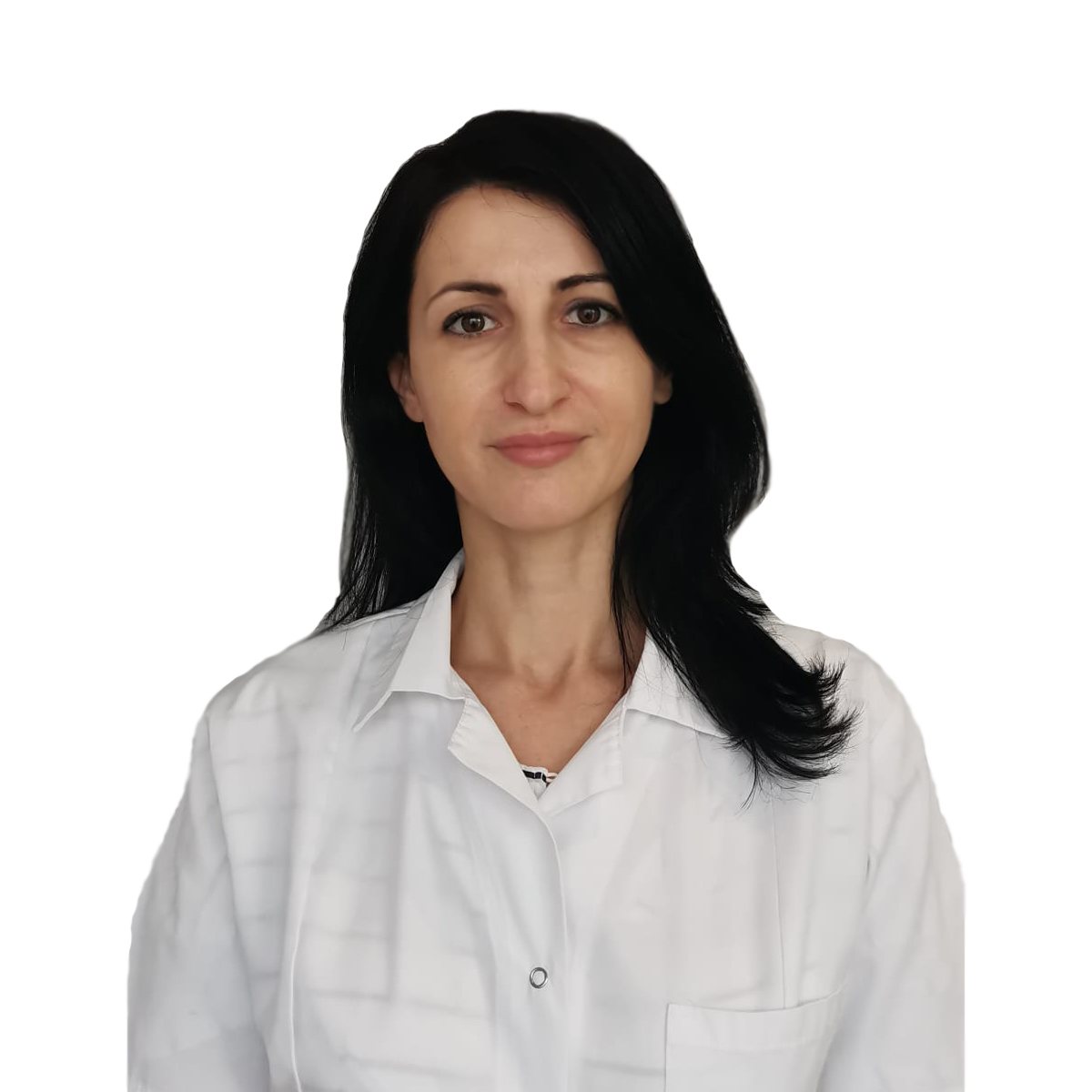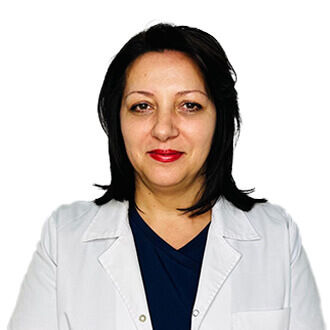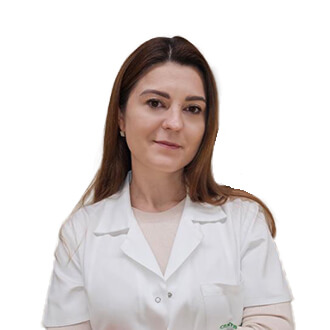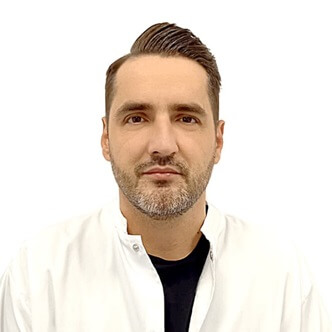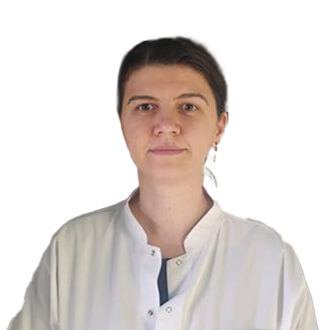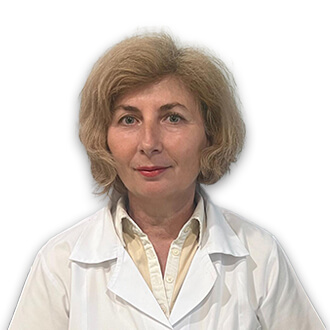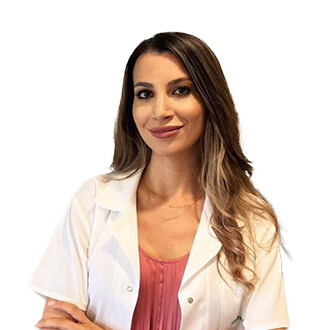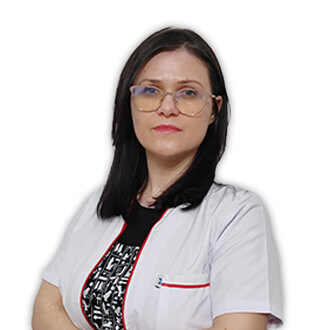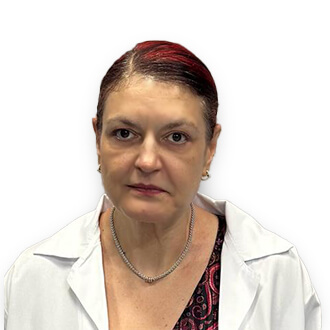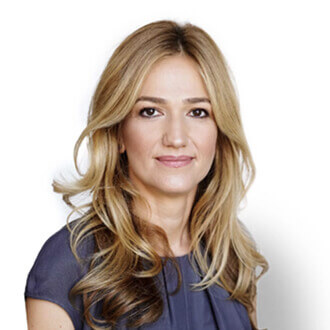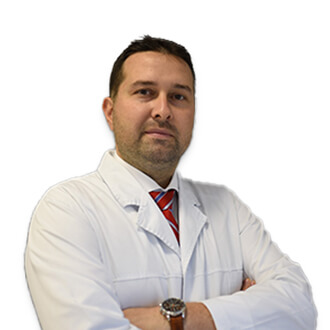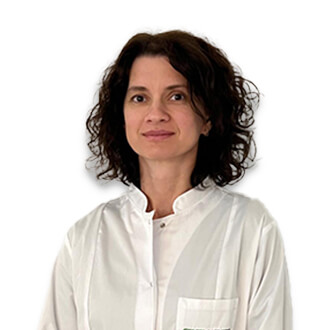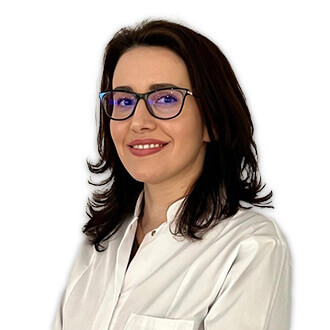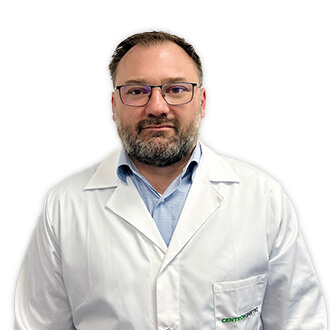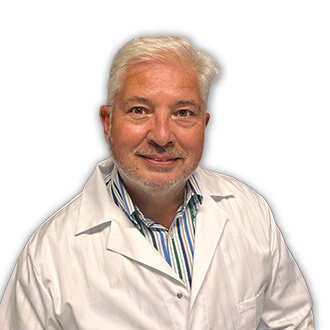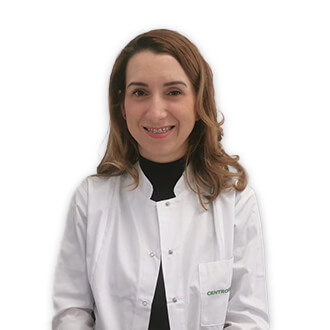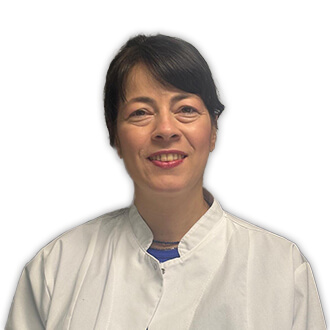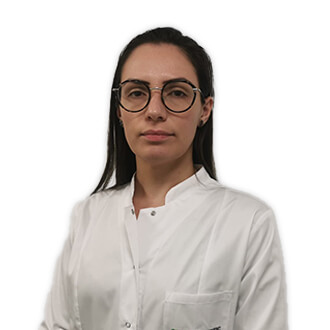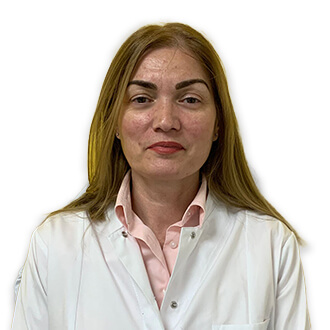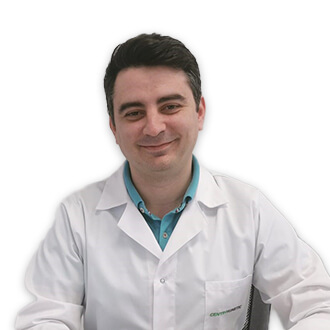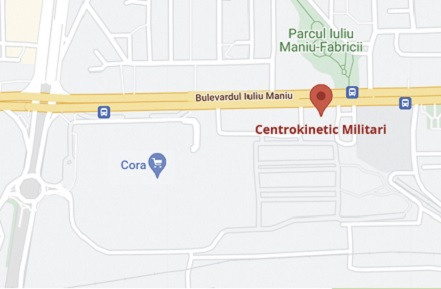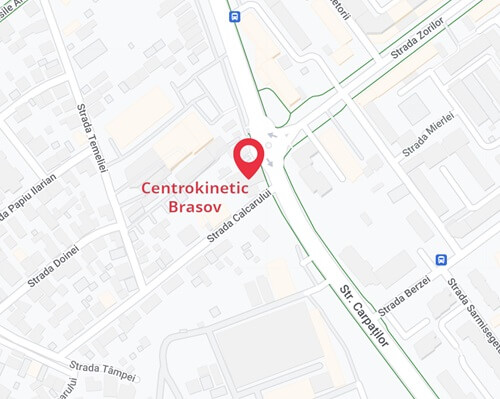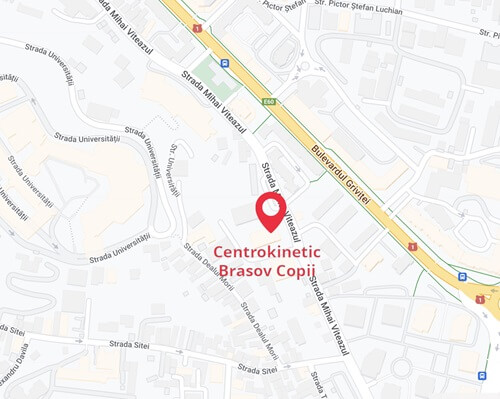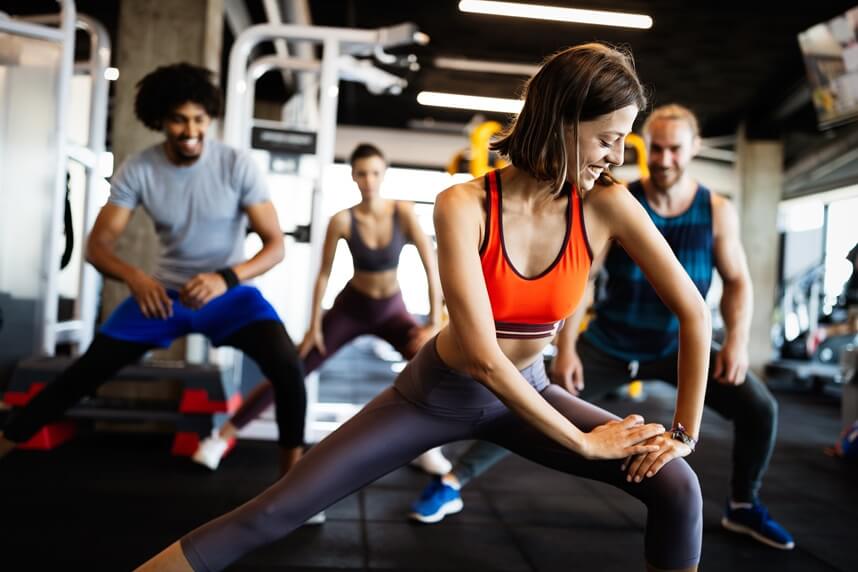
Sports are an excellent way to maintain your health and good mood. Physical activity fights against depression, anxiety, daily stress, and helps with the optimal functioning of the body.
In this article, we explain the benefits of physical exercises, as well as what recovery entails and when you need to consult a doctor.
- Benefits of physical exercises for health and medical recovery
- Aspects of recovery
- When to consult a doctor
- Key points about the importance of sports for health
Benefits of physical exercises for health and medical recovery
Sports have many health benefits. Here are the most important ones:
- Helps maintain a normal weight: physical activity is an important factor, alongside diet, when you want to lose weight. The body uses energy to digest food necessary for the optimal functioning of internal organs. Physical exercises help increase metabolic rate and burn calories, leading to weight loss. Additionally, sports accelerate the elimination of toxins from the body.
- Stimulates endorphin production: this means that sports help trigger positive feelings and reduce anxiety. It is proven that sports decrease the amount of cortisol in the body (cortisol being known as the “stress hormone”).
- Maintains stability and reduces muscle loss: muscle loss is a natural process of aging, but sports can help reduce muscle mass loss. It is also believed that sports can improve bone density, thereby preventing osteoporosis, which is important for aging women at increased risk of this disease.
- Improves memory and brain health: practicing sports increases the heart rate, which leads to better blood flow to the brain, thus stimulating memory and brain health.
- Maintains skin health: skin can suffer from oxidative stress when the damage caused to cells by free radicals cannot be repaired. Physical exercise can stimulate blood flow and thus can increase the production of antioxidants. This means that the effect of free radicals on the skin will be greatly diminished. Furthermore, it is believed that movement keeps the complexion bright and firm because the body is stimulated to produce collagen.
- Combats insomnia: our body recovers during sleep, and this includes after sustained physical effort.
- Increases lifespan: more research is needed in this regard, but it is believed that physical exercise increases life expectancy (sports have a beneficial effect on chromosomes).
- Maintains the health of the lungs and kidneys.
- Keeps the heart healthy by reducing bad cholesterol and triglyceride levels and increasing good cholesterol levels. In fact, it prevents the formation of fat plaques that thicken the inner walls of the arteries.
- Maintains insulin function within normal limits.
- Practicing physical exercises enhances muscle tone, bone mineralization, strengthens joints and tendons. Moreover, those who exercise daily, at least 30 minutes, have a lower risk of vertebral and hip fractures and prevent conditions such as arthritis.
- Strengthens the immune system, helps prevent colds, for example.
- Some studies suggest that sports can decrease the risk of cancer (such as breast cancer, for example).
These are not the only health benefits of sports. Here are a few more:
- Sports are a way to spend time with family and friends;
- Increases self-confidence;
- Helps you know your limits;
- Helps you quit smoking;
- Improves stability, balance, and coordination of movements.
Aspects of recovery
There are several aspects of physical recovery, either after an illness or after trauma:
- Active recovery: involves moderate physical activity, walking, light jogging, cycling, aerobics, stretching (up to the point of discomfort).
- Rest: during sleep, the body relaxes and regenerates, therefore 7-8 hours of sleep per night are essential. Not only the brain, heart, and other internal organs benefit from this period for recovery, but also the muscles.
- Hydration: water intake during recovery is very important as it helps regulate body temperature and transport nutrients. It also gives energy to the body and supports metabolism. A very good indicator of the body's hydration level is urine; the lighter it is, the better hydrated you are. If the urine is dark in color and has a strong odor, it means you are not hydrated enough.
- Nutrition is very important in the recovery process because certain nutrients are essential for repairing damaged tissues. However, the diet must be healthy and balanced.
The specialist doctor is the one who decides the best recovery methods for the patient, but the mentioned elements (nutrition, hydration, sleep, physical activity) are essential for anyone's well-being.
There are several recovery protocols, for the shoulder, elbow, ankle, but not only. Medical recovery may include: recovery for children, massage, physiotherapy, kinesiotherapy, recovery in osteoporosis, oncological recovery.
When to consult a doctor
In most cases, physical activity does not require medical consultation. There are some situations where medical consultation is recommended before starting physical activity:
- if you are over 45 years old and especially if you are a sedentary person;
- if physical activity causes chest pain, even if it is moderate (like walking);
- if you suffer from vertigo or severe dizziness;
- if you have a risk of cardiovascular disease;
- if you are pregnant;
Key points about the importance of sports for health
Experts believe that 30 minutes of sports per day can make the difference between health and the risk of diseases. Here's what you should know:
- Movement is better than sedentariness. If you do not engage in physical activity and want to start moving, do not strain the body. Start with easy exercises and short periods of time and gradually increase until you reach 30 minutes per day.
- It is recommended to exercise every day of the week.
- No matter how much you move, it accumulates over the course of a week: it can be moderate or intense physical activity, it is advisable to combine the exercises.
- Also, it is recommended to do muscle strengthening exercises at least two days each week.
Regular physical activity comes with numerous and very important benefits:
- reduces the risk of heart attack;
- maintains an optimal body weight;
- maintains brain health and good memory;
- maintains optimal cholesterol and triglyceride levels, preventing certain heart conditions that can lead to heart attack or stroke;
- keeps blood pressure within normal limits;
- bones, muscles, joints are stronger;
- there is a lower risk of developing osteoporosis, especially in women;
- improves body stability, coordination of movements, balance;
- the mood is improved because the body has more energy and because nighttime sleep is better.
These are the reasons why doctors recommend at least 30 minutes of moderate-intensity physical activity each day.
Disclaimer
If you have medical questions or concerns, please discuss them with your doctor. Our medical articles contain important medical information and research. However, they are not a substitute for the advice, diagnosis, or treatment recommended by the specialist doctor.
This article was made based on information taken from the following sources:
- Serenity Sleepers, “The importance of sports to health and fitness”: https://www.serenitysleepers.com/post/the-importance-of-sports-to-health-and-fitness
- Health Care, “Benefits of sports for adolescents”: https://www.muhealth.org/conditions-treatments/pediatrics/adolescent-medicine/benefits-of-sports
- Globality, “Ten healthy sports”: https://www.globality-health.com/health-tips/ten-healthy-sports/
- National Library of Medicine, “Physical activity and sports -real health benefits: a review with insight into the public health of Sweden”: https://www.ncbi.nlm.nih.gov/pmc/articles/PMC6572041/
- BetterHealth, “Sport, physical activity and our health”: https://www.betterhealth.vic.gov.au/health/healthyliving/sports-and-physical-activity
MAKE AN APPOINTMENT
FOR AN EXAMINATION
See here how you can make an appointment and the location of our clinics.
MAKE AN APPOINTMENT



